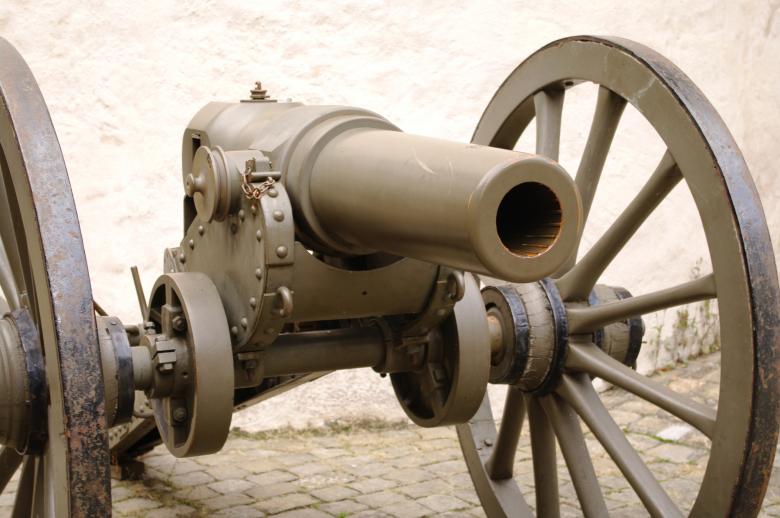In 1835, a comical story known as the ‘Battle of the Guns and Ducks’ took place in the American city of Baltimore. The local artillery regiment decided to hold a firing demonstration for the townspeople. The regiment's commander, Captain William MacDougall, was known for his love of military glitz and his desire to impress the public.
To demonstrate accuracy, it was decided to use live targets - wild ducks, which were caged on the range. However, on the eve of the exercise, local hunters, having learnt about the plans, decided to play a joke on the military. They released several dozen of their pet ducks onto the range, which began to walk between the installed cannons.
When it came time for firing, the situation got out of control. As soon as the first cannon fired, all the ducks (domestic and wild) took to the air and started circling over the heads of the soldiers. The artillerymen, trying to avoid hitting any random ‘participants’, began to move their positions chaotically, creating a real panic on the range.

Captain MacDougall, wanting to save face, gave the order to continue firing. The result exceeded all expectations: one shell accidentally smashed a nearby fountain, another shot broke the glass in the window of a neighboring beer house, and a third shell lodged in a wooden fence owned by a local farmer. The owner of the farm, seeing this, rushed to the range with an axe, demanding compensation.
The funniest moment was when one of the ducks, instead of flying away, landed directly on the muzzle of the cannon, causing an explosion of laughter among the assembled spectators. When the soldiers tried to remove it, it started quacking so loudly that the whole flock of birds took to the air again, creating the effect of an air show.
The mayor of the town, who had arrived for the drill, attempted to restore order, but he himself could not contain his laughter when he saw Captain MacDougall trying to command while fending off the ducks with his Sabre. Eventually the firing was stopped and the city authorities were forced to organize a special commission to investigate the ‘duck incident’.
The story became one of the most popular anecdotes in Baltimore of those years. Captain McDougall was nicknamed ‘Duck Commander’ and even later used this episode in his election campaign, saying that ‘only a true military man could handle an attack of feathered opponents with such dignity’.
Today, a small duck-shaped fountain stands on the site of the former firing range and is referred to by locals as a ‘Monument to Military Accuracy’. This case is often cited as an example of how even serious military events can turn into a comic farce thanks to the vagaries of nature and human ingenuity.
This story still lives on in Baltimore's urban legends, and the city's annual Duck Festival begins with a moment of silence in honour of the very ‘heroic birds’ that once defeated an artillery regiment.


















